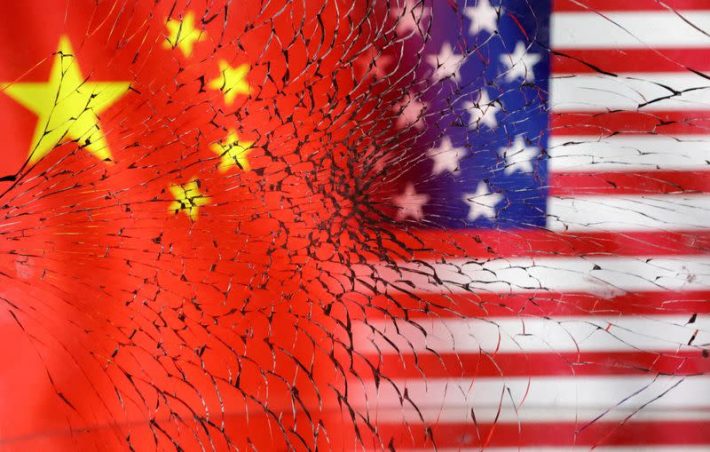The US issued a warning on Friday about China’s new counter-espionage law, which takes effect today – July 1.
Officials said American and other foreign companies in the country could face penalties from Chinese authorities for regular business activities.
Chinese lawmakers passed a wide-ranging update to Beijing’s anti-espionage legislation in April that bans the transfer of any information related to national security and broadens the definition of spying.
China has also cracked down on US consultancy and due diligence firms, a move that foreign business lobbies have said unnerved foreign investors in the world’s second-largest economy.
ALSO SEE: Dutch Restrict Chip Exports Amid US Push to Tighten China Curbs
Grounds to ‘access and control’ firms’ data
The US National Counterintelligence and Security Center (NCSC) said in a bulletin that China viewed outbound flow of data as a national security risk, and that new and existing laws could compel companies’ locally employed Chinese nationals to assist in Chinese intelligence efforts.
“These laws provide the PRC (People’s Republic of China) government with expanded legal grounds for accessing and controlling data held by US firms in China,” the NCSC said.
“US companies and individuals in China could also face penalties for traditional business activities that Beijing deems acts of espionage or for actions that Beijing believes assist foreign sanctions against China,” it said.
‘Journalists, academics, researchers also at risk’
It said the ambiguities of the law meant that “any documents, data, materials or items” could be deemed relevant to Chinese national security, also putting journalists, academics and researchers at risk.
China’s embassy in Washington said Beijing had a right to safeguard national security through domestic legislation.
“China will continue to promote high-level opening-up and provide a more law-based and international business environment for companies from all countries, including the United States,” embassy spokesman Liu Pengyu said.
Chinese leader Xi Jinping has emphasized national security since taking office in 2012. Suspicion in China of the US and its allies has grown as US-China rivalry has intensified, yet Beijing has insisted it is opening up to overseas investment.
‘Increased risk of wrongful detention’
US officials have said that since the enactment of the Chinese law in April they have received a flood of questions from businesses and other groups about the risks of traveling to China.
The US State Department also updated its travel advisory for China on Friday, upgrading the “risk of wrongful detentions” among its warnings for Americans to reconsider travel to the country.
US Ambassador to China Nicholas Burns has said Beijing’s targeting of US firms was politically motivated and that Washington would push back.
- Reuters with additional editing by Jim Pollard
ALSO SEE:
China’s Security Focus Undermining Its Economic Goals
Micron Probe Fuels Fears of US Businesses in China
China Raids Office of US Due Diligence Firm, Detains Staff
China’s Anti-Espionage Law Adds to Foreign Business Concerns
























